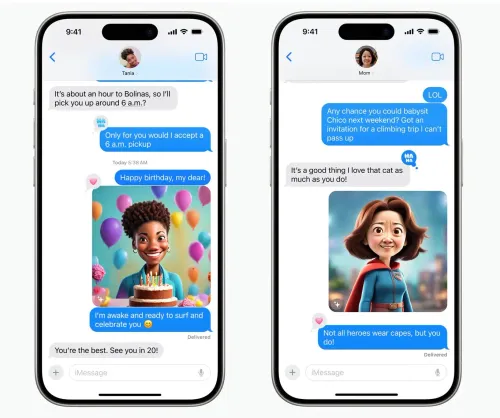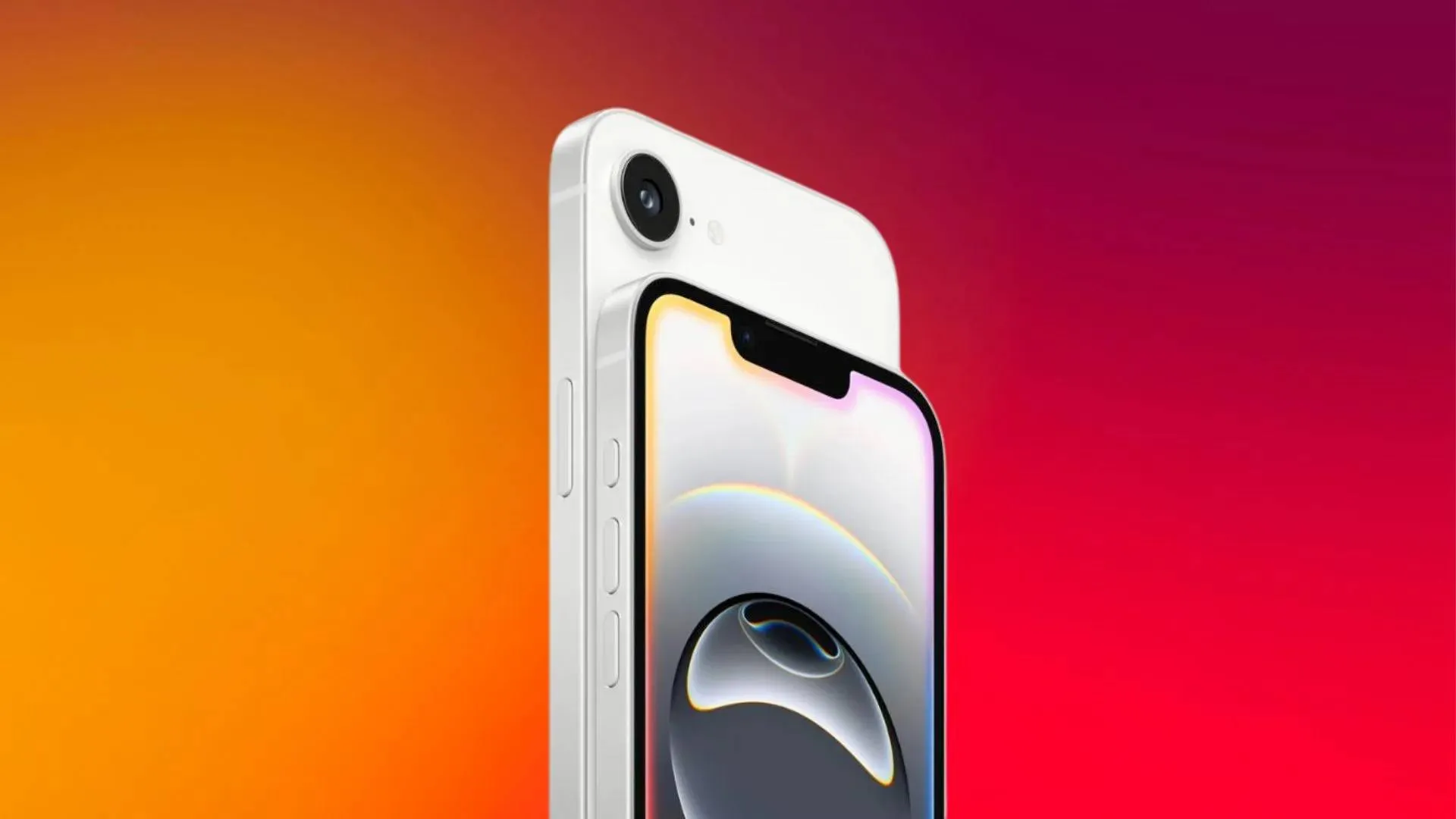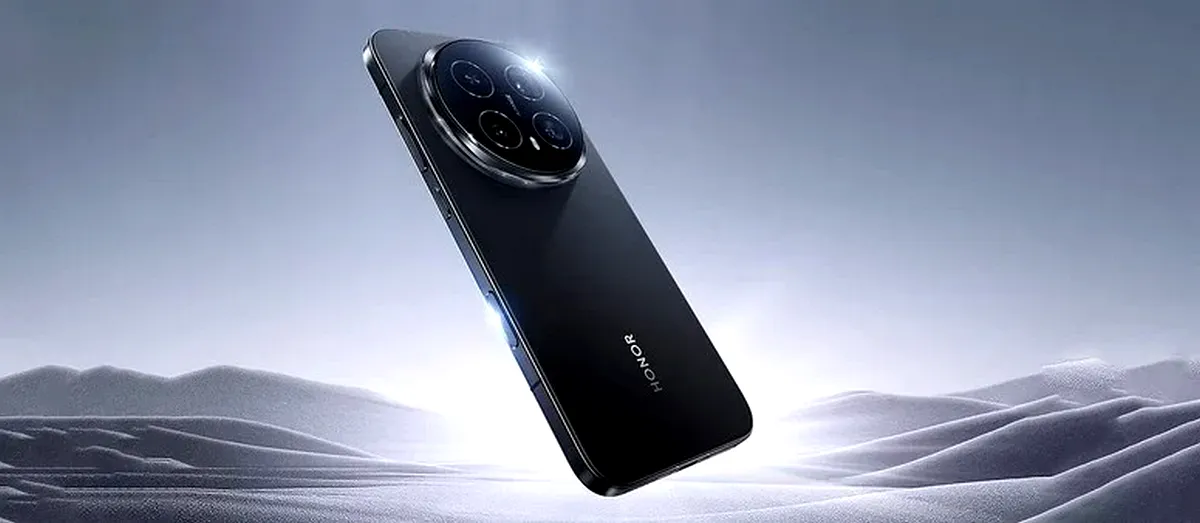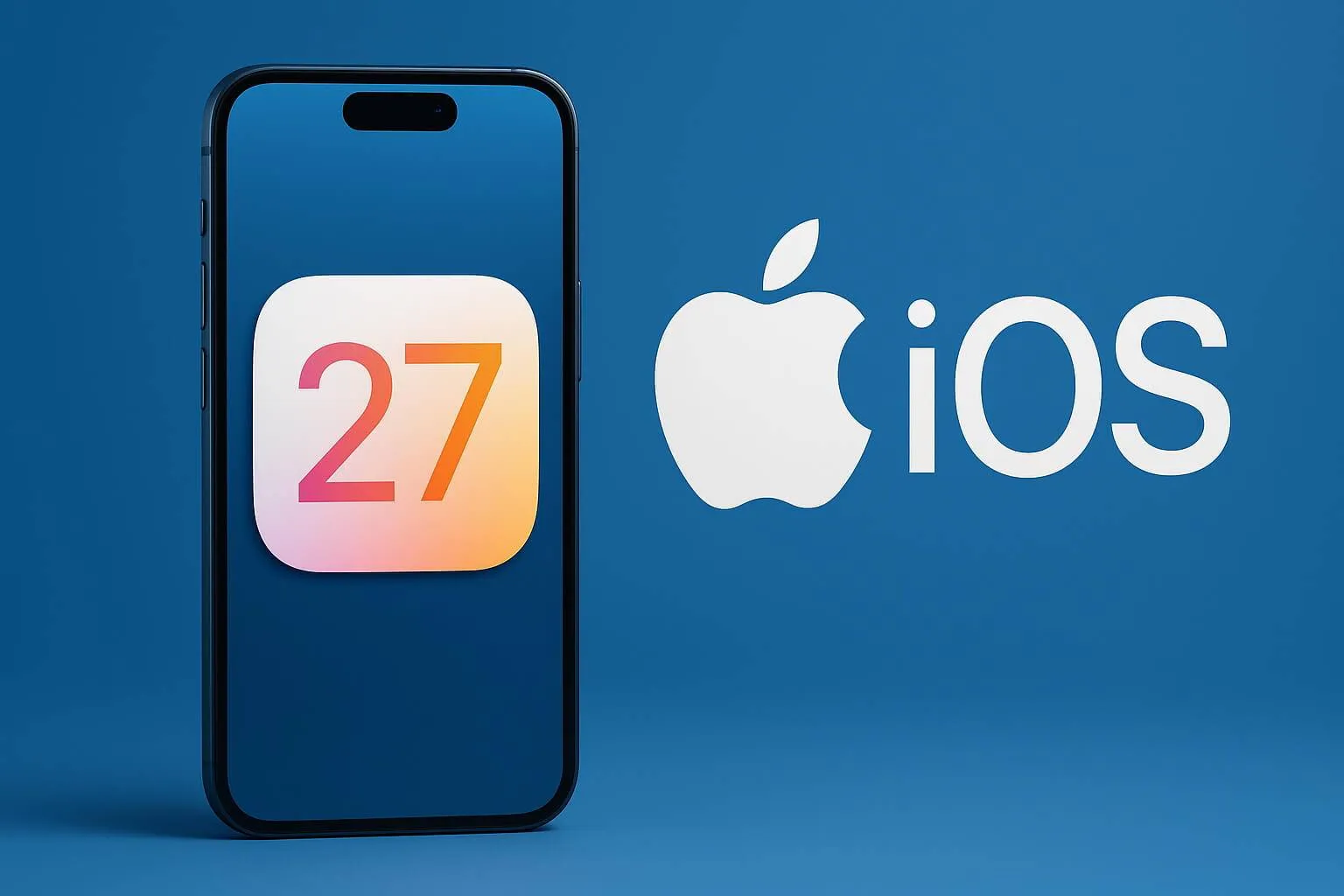
The landscape of mobile technology is undergoing a significant shift with the emergence of artificial intelligence (AI) assistants. Following in the footsteps of competitors like Samsung, Apple has recently unveiled its own AI platform, Apple Intelligence, promising to revolutionize user experience across iPhones, iPads, and Macs. This article delves into the functionalities of both Apple Intelligence and Samsung's Galaxy AI, exploring their strengths and potential areas for differentiation.
The Rise of AI Assistants: A Detailed Look at Apple Intelligence vs. Galaxy AI
A Stepping Stone into the AI Future

It's crucial to acknowledge the nascent stage of both platforms. Apple Intelligence is still under development, with the final version of iOS 18 yet to be released. Similarly, Galaxy AI, launched earlier in 2024, is likely to see further refinement and feature expansion. This ongoing development ensures a dynamic environment where both companies strive to outmaneuver each other with innovative features.
Apple Intelligence: Focus on Privacy and Contextual Understanding

Apple prioritizes user privacy and on-device processing within Apple Intelligence. This approach minimizes data transfer to the cloud, potentially enhancing user trust and security. Additionally, Apple leverages generative AI for creative image and emoji generation, catering to users seeking personalized experiences.
A cornerstone of Apple Intelligence is the significantly revamped Siri. The promise is a more intelligent assistant capable of comprehending context and drawing upon the capabilities of OpenAI's ChatGPT chatbot. This integration allows Siri to access a broader range of information and deliver more nuanced responses, eliminating the need for separate OpenAI accounts.
Galaxy AI: A Feature-Rich Assistant for Enhanced Communication and Productivity

Samsung's Galaxy AI boasts an array of functionalities designed to streamline communication and boost productivity. A standout feature is real-time call translation, eliminating language barriers during phone conversations. This extends to messaging applications like WhatsApp and Instagram, fostering seamless communication across language divides.
Beyond translation, Galaxy AI offers an interpreter mode for face-to-face interactions. This mode transcribes spoken conversations in real-time on a split-screen interface, facilitating communication without an internet connection.
In the realm of image editing, Galaxy AI builds upon its existing "magic eraser" tool. By leveraging generative AI, users can not only remove unwanted objects but also generate entirely new backgrounds or adjust the size and placement of subjects within a photo.
Enhancing User Experience Through Text and Information Management

Both platforms incorporate functionalities to streamline text management and information access. Apple Intelligence offers call recording with transcription and summarization capabilities within the Notes app, allowing users to easily capture and revisit call details. Additionally, Apple integrates writing and text correction tools that can adjust the tone of emails and messages, promoting more effective communication.
Galaxy AI possesses similar text-based functionalities. It can summarize voice recordings and written content, extracting key points from lectures, interviews, or lengthy articles. For a more visual search experience, Galaxy AI leverages the "Rodea to search" function, allowing users to directly search for objects and images displayed on their screen.
AI-Powered Creativity and Personalization
Both Apple and Samsung recognize the growing demand for user-generated content and personalization. Apple Intelligence introduces "Genmojis," a tool that creates emojis based on text descriptions. Imagine requesting a "smiling and relaxed face with slices of cucumber over the eyes" – Genmojis can generate it! Furthermore, Apple allows users to create personalized images for occasions like birthdays using generative AI.
Samsung's AI integrates a wallpaper creation tool similar to Google Pixel's. Users can create custom wallpapers based on text prompts, injecting their own creativity into device personalization.
Availability and Looking Ahead
Samsung launched Galaxy AI alongside the Galaxy S24 in January 2024. It has since been rolled out to other devices through updates, although feature availability may vary depending on hardware capabilities. Apple Intelligence, still under development, is expected to reach compatible devices with the release of iOS 18. Initial predictions suggest compatibility with iPhone 15 Pro and Pro Max models, alongside the upcoming iPhone 16.
The Future of AI Assistants: A Battle for User Loyalty
The introduction of Apple Intelligence intensifies the competition in the AI assistant landscape. Both Apple and Samsung offer compelling functionalities, each with its unique strengths. Apple prioritizes on-device processing, user privacy, and contextual understanding within Siri. Samsung focuses on communication tools like real-time call translation and a robust interpreter mode, alongside functionalities that enhance productivity and user experience.
As these platforms mature, the battle for user loyalty will likely hinge on the ability to deliver seamlessly integrated, intuitive, and constantly evolving AI experiences. Ultimately, users will benefit from the ongoing competition as both companies strive to push the boundaries of AI-powered mobile experiences.
Deep Dive: A Feature-by-Feature Comparison of Apple Intelligence and Galaxy AI
Communication and Productivity
- Call features: Apple Intelligence offers call recording with transcription and summarization, while Galaxy AI shines with real-time call translation and an interpreter mode for face-to-face interactions. Both cater to different communication needs.
- Messaging Enhancements: Apple focuses on improved writing tools with tone adjustment capabilities within Mail and Notes. Galaxy AI integrates translation functions within messaging apps like WhatsApp and Instagram.
Creative Exploration
- Image Manipulation: Both platforms offer AI-powered image editing. Apple allows for object removal and background generation, while Samsung boasts a "magic eraser" with similar capabilities and the ability to adjust subject size and placement.
- Content Creation: Apple introduces "Genmojis" for personalized emoji creation and AI-powered image generation for greetings or celebrations. Samsung offers a similar wallpaper creation tool based on text prompts.
Information Management and Search
- Text Processing: Both platforms offer text summarization and transcription functionalities. Apple focuses on call recordings and written text within Notes, while Galaxy AI extends its capabilities to voice recordings and web content.
- Search Experience: Apple relies on traditional search methods, while Samsung leverages "Rodea to search" for a more visual search experience directly on the screen.
Privacy and User Control
- On-device Processing: Apple prioritizes on-device processing within Apple Intelligence, potentially minimizing data transfer and enhancing user privacy. Samsung's approach may involve more cloud-based processing for certain features.
- User Control: Both platforms offer varying degrees of user control over data usage and personalization settings. Users should delve into the respective privacy policies and settings to understand how their data is collected and utilized.
Choosing the Right AI Assistant: A Matter of Personal Preference
Ultimately, the choice between Apple Intelligence and Galaxy AI hinges on individual needs and preferences. Here are some guiding questions:
- Privacy Concerns: If user privacy is paramount, Apple Intelligence's on-device processing approach might be more appealing.
- Communication Focus: For users who frequently communicate across language barriers, Galaxy AI's real-time call translation and interpreter mode offer a clear advantage.
- Creative Needs: Those seeking tools for personalized emoji and image creation might favor Apple Intelligence's "Genmojis" and AI image generation features.
- Search Style: Users who prefer a visual search experience might find Galaxy AI's "Rodea to search" function more convenient.
The Evolving Landscape of AI Assistants
The introduction of Apple Intelligence marks a significant step in the AI assistant race. As both platforms mature, we can expect them to integrate seamlessly with existing ecosystems, offer even more intuitive user interfaces, and continuously evolve their feature sets. Users can look forward to a future where AI assistants become increasingly intelligent, personalized, and indispensable tools for navigating the digital world.
Beyond the Scope: Additional Considerations
It's important to acknowledge that AI assistants are just one facet of the broader mobile experience. Here are some additional factors to consider when choosing between Apple and Samsung devices:
- Hardware Integration: How seamlessly does the AI assistant integrate with the device's hardware (camera, microphone, etc.)?
- App Ecosystem: Does the preferred platform offer a wider range of compatible apps that leverage the AI assistant's capabilities?
- Overall User Experience: Beyond individual features, how intuitive and user-friendly is the overall experience with the AI assistant and the device itself?
By considering these additional factors alongside the detailed feature comparison, users can make a more informed decision when choosing between Apple Intelligence and Galaxy AI.
Loading






